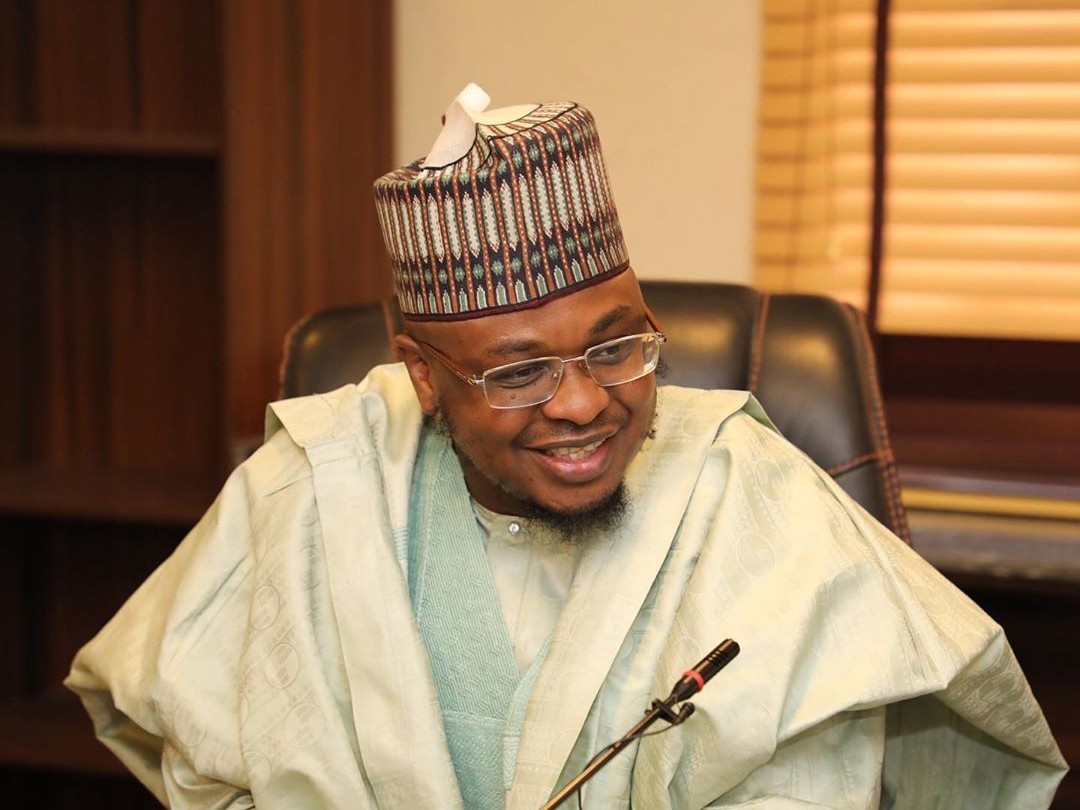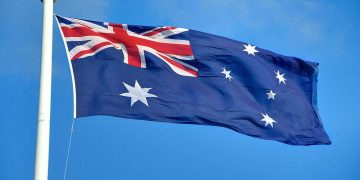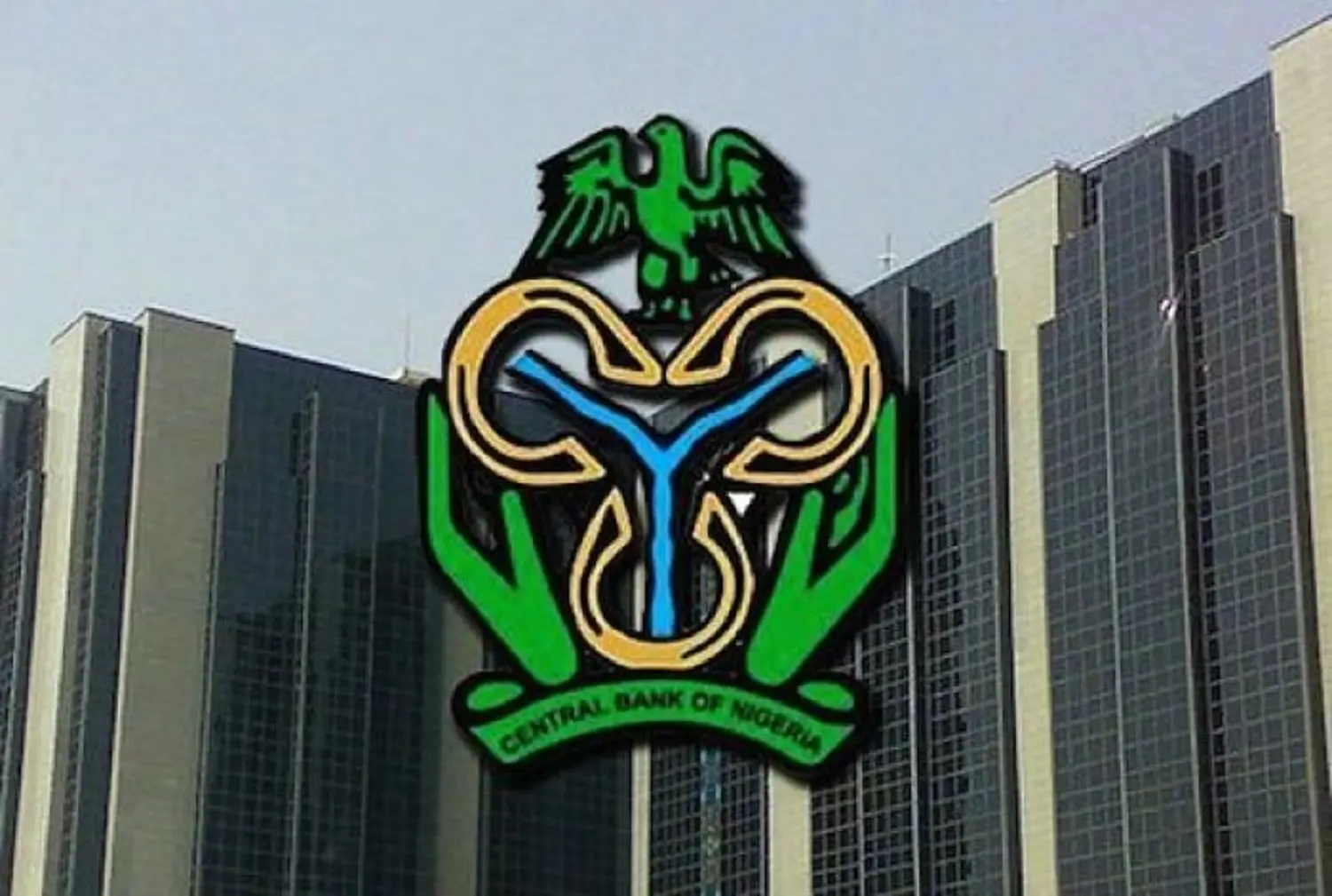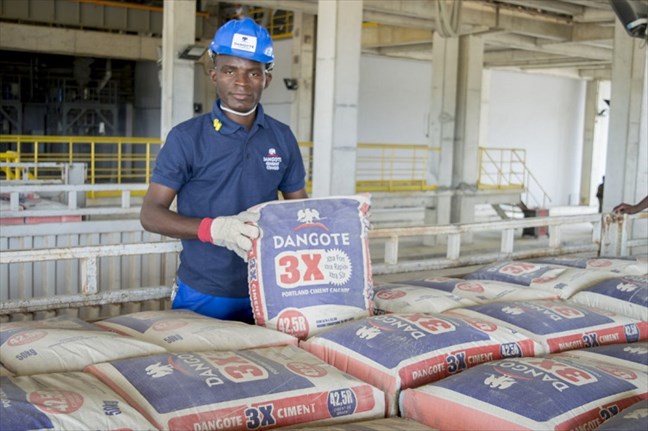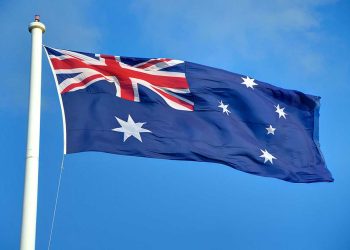Isa Pantami, Minister of Communications and Digital Economy said that Nigeria now has 100% broadband coverage as a result of the license and functioning of SpaceX’s Starlink.
This was mentioned by the Minister while presenting President Muhammadu Buhari’s administration’s scorecard in the ICT sector.
According to him, Nigeria’s National Internet Plan (NBP 2020-2025) aimed for 90% broadband penetration by 2025.
He said that this was accomplished ahead of schedule with the licensing of Starlink, since Nigerians now have access to high-speed internet from wherever in the nation.
Pantami said that the nation has now met its aim ahead of the plan’s deadline:
“According to the National Internet Plan, we were supposed to attain 90% broadband coverage by December 2025.
However, we just granted Starlink a license to supply services, which has provided us with 100% coverage three years ahead of plan.”
Pantami cited the creation of the broadband plan as one of the current government’s accomplishments, saying:
Nigeria has no active Broadband Plan as of August 2019; the last one having expired in 2018. (one-year vacuum).
I formed a group of experienced stakeholders to create a new Plan.
His Excellency, President Muhammadu Buhari, GCFR, kindly announced and inaugurated the Nigerian National Broadband Plan (NNBP) on March 19, 2020.
The Plan is intended to provide data download speeds of at least 25Mbps in urban areas and 10Mbps in rural areas across Nigeria by 2025, with effective coverage available to at least 90% of the population at a cost of no more than N390 per 1GB of data (i.e. 2% of median income or 1% of minimum wage).”
Starlink is not for everyone:
Although Starlink has begun operations in Nigeria, with a few Nigerians who pre-ordered its gear already active on the network, the present cost demonstrates that Starlink’s internet service is not for the majority.
Aside from the $600 gear, memberships to the service cost $43 per month, according to Starlink’s database.
Starlink’s internet service is available across the nation.
While this is projected to overcome the connection gap in rural Nigeria, where other network operators have been unable to install their services, the cost of Starlink may prohibit many Nigerians from using it.


